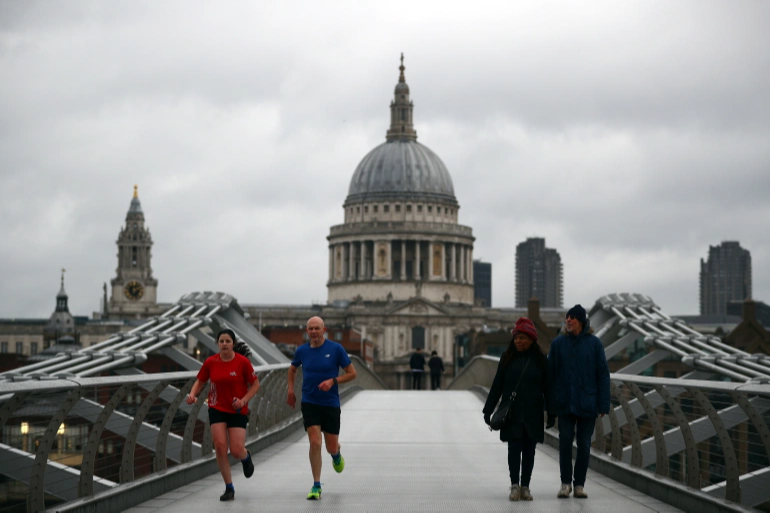
Record UK COVID deaths for second day in a row
London, January 21 (RHC)-- Britain reported a record 1,820 deaths from COVID-19 on Wednesday exceeding a record set only the day before, as scientists warned that the lockdown that began earlier this month was having little effect on the prevalence of the illness. Government data showed there was also a rise in new cases, climbing to 38,905 compared with 33,355 a day earlier.
Prime Minister Boris Johnson acknowledged the severity of the pandemic and warned worse could be ahead given the large number of cases. “These figures are appalling,” Johnson told broadcaster Sky News. “And, of course, we think of the suffering that each one of those deaths represents to their families and to their friends. I’ve got to tell you … there will be more to come.”
The government imposed a third national lockdown on January 5, closing bars, restaurants and most schools and allowing only essential shops to open. People have been urged to stay at home as much as they can to prevent hospitals being overwhelmed and to give authorities time to roll out COVID-19 vaccines to the elderly and those at highest risk.
Johnson admitted that while it seemed as if some rates of infection “in the country overall” might be peaking or flattening, “they are not flattening very fast” as he urged people to stick with social distancing and other measures designed to curb the disease’s spread.
His comments came as researchers at Imperial College warned on Thursday that the prevalence of the disease in England remained “very high” and there had been “no evidence of decline” in the first 10 days of renewed restrictions. It said the number of deaths would continue to rise until rates of infection were reduced substantially, easing the extreme pressure on the health services.
“The number of COVID-19 in-patients (in hospital) is extremely high at the moment, and we can’t expect that to drop unless we can achieve lower levels of prevalence,” said Steven Riley, a professor of infectious disease dynamics who co-led the REACT-1 prevalence study. “The fact that (prevalence) is not going down has potentially serious consequences.”
Presenting the latest data from the study – covering January 6 to January 15 – Riley said prevalence rates were at 1.58 percent, the highest recorded by the REACT-1 study since it started in May 2020. That is also more than 50 percent higher than the last readout in mid-December. Riley also cautioned against pinning immediate hopes on COVID-19 vaccinations. “The vaccine is only going to have a very limited impact on prevalence in the short-term,” he told reporters.

